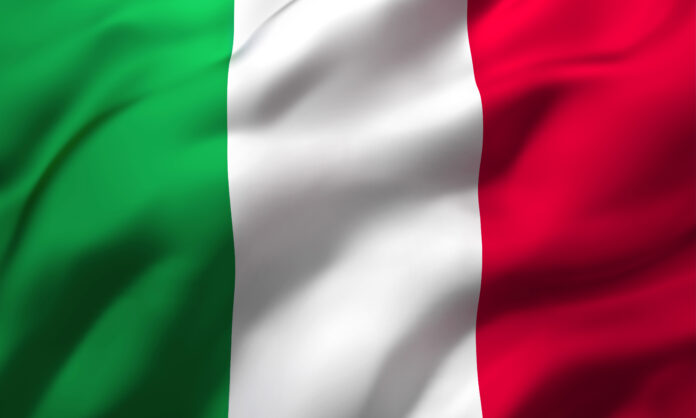Another month, another bid and another request for more time
Reuters reports that the invest fund, KKR, has submitted a binding bid for Telecom Italia’s (TIM’s) fixed infrastructure. It has asked for more time to finalise its offer for TIM’s smaller, international undersea cable unit, Sparkle.
Selling off the fixed infrastructure to create a standalone netco is the main plank of TIM’s strategy, backed by the right-wing government, to restructure the operator which has €26 billion debt.
TIM has not given out any details about KKR’s proposal, but said it will be reviewed by board directors after preliminary analysis. Pietro Labriola was appointed CEO in January 2022 to hive- off the netco after years of friction between factions in TIM’s boardroom.
Lack of clarity persists
The lack of clarity around the latest developments has led to a fall in TIM’s share of 4%. This binding offer is valid until 8 November but could be extended to 20 December, according to TIM.
TIM said KKR will submit a final bid for Sparkle within four to eight weeks, after due diligence. The subsidiary’s cable network stretches over 600,000 km and has a direct presence in 32 countries.
Previous reports have suggested that Italy’s government wants to gain full ownership of Sparkle, has been valued at below €1 billion, as part of any agreement with KKR.
KKR has reportedly placed a provisional value of more than €23 billion on TIM’s domestic fixed access network and Sparkle. This includes €10 billion of debt and possibly having to pay out more than €2 billion due to another long-standing, unresolved complication involving TIM’s fixed infrastructure being combined with its state-backed rival, Open Fiber.
And, as ever, TIM’s biggest shareholder, the French media conglomerate Vivendi, could still scupper the deal. It holds a 24% stake and has consistently pushed for a higher price for the fixed infrastructure and expressed doubts about the viability of the rest of the organisation once the network has gone.


